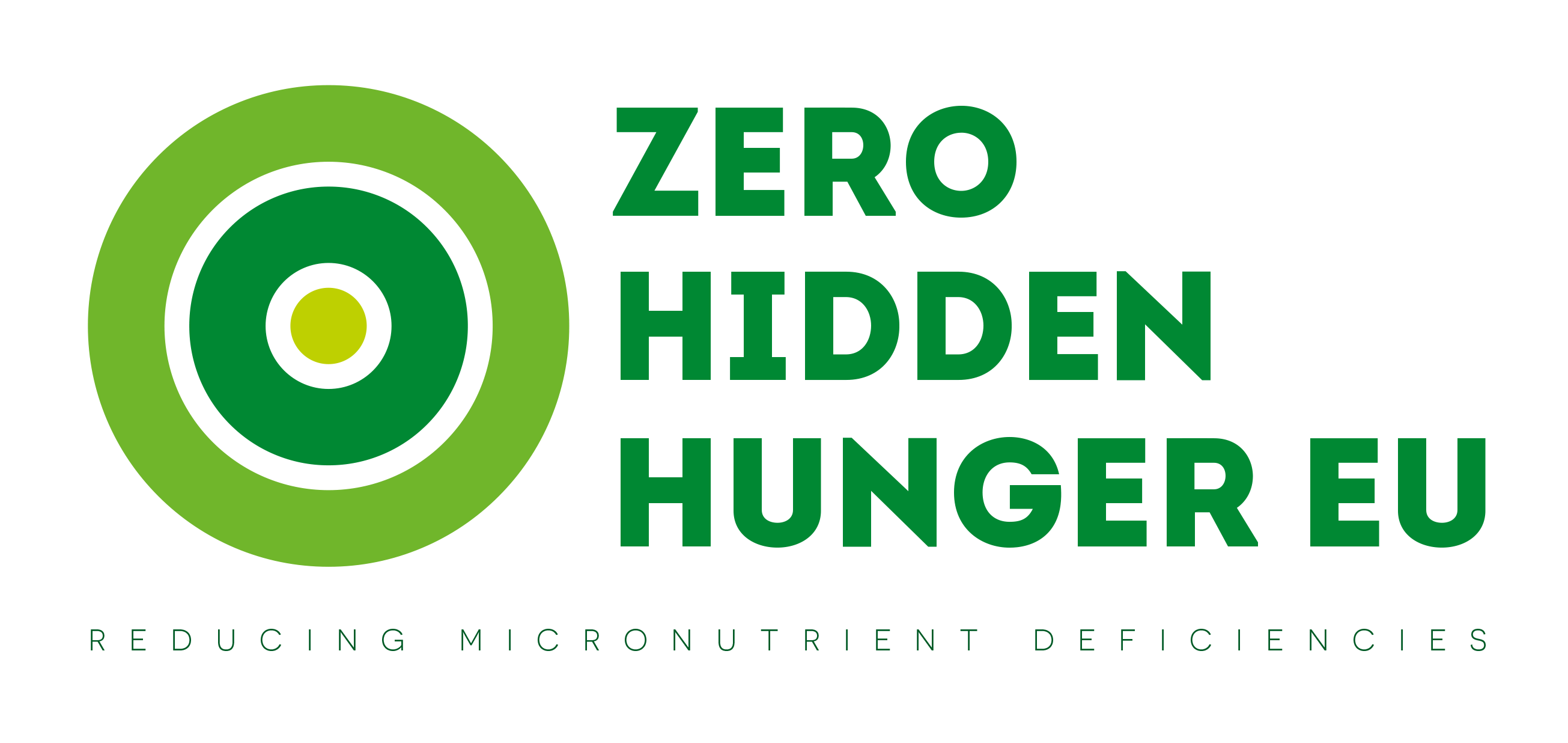Zero_HiddenHunger_EU, a new, multi-partner European consortium led by University College Cork, has received nearly €10 million in funding for groundbreaking research into tackling micronutrient deficiency over the next four years.
Micronutrient (MN) deficiency, a widespread form of malnutrition, poses significant challenges to human health and development across Europe.

Recognizing the urgency of this public health issue, the Zero_HiddenHunger_EU project is set to revolutionize our understanding and response to MN deficiencies.
MN deficiency arises from inadequate intake or absorption of essential minerals and vitamins, impacting various demographic groups, including children, adolescents, pregnant women, older adults, immigrant communities, and those affected by social inequalities. Despite its prevalence, addressing this issue effectively requires comprehensive data on MN deficiency prevalence and its underlying causes.
Zero_HiddenHunger_EU aims to fill this critical gap by pursuing two primary objectives:
- Estimating Prevalence and Health Costs: The project will generate accurate measures of MN deficiency prevalence using priority biomarker and intake data from diverse European populations. By focusing on high-risk groups, such as marginalized communities and vulnerable populations, the project aims to uncover the true extent of the issue and its associated health costs.
- Developing Tailored Solutions: Armed with robust evidence, the project seeks to develop context-specific, food-focused strategies to ensure adequate MN intake from sustainable sources. By leveraging existing data resources, biobanks, and targeted studies, the consortium aims to deliver tailored solutions that address the root causes of MN deficiencies across Europe.
Zero_HiddenHunger_EU will employ cutting-edge techniques, including high-throughput biomarker analysis and advanced data modelling, to generate credible evidence. This evidence will empower policymakers and food system actors to implement targeted interventions and eradicate MN deficiencies from Europe.
Professors Mairead Kiely and Kevin Cashman, of project Coordinator UCC (IE), expressed optimism about the project’s potential impact, stating, “Zero_HiddenHunger_EU represents a landmark effort to confront the silent crisis of MN deficiency in Europe. By leveraging innovative research methodologies and collaborative partnerships, we aim to drive meaningful change and ensure equitable access to essential nutrients across European populations.”
The Zero_HiddenHunger_EU project underscores the importance of collective action in addressing complex public health challenges across Europe. By prioritizing data-driven interventions and fostering interdisciplinary collaboration, the project aims to pave the way for a healthier, more resilient Europe.
Contact:
If you believe you can contribute to this crucial conversation, please feel free to reach out to our Policy Manager for NCD Prevention, Dr. Alessandro Gallina. Your support is essential in our collective fight against hidden hunger and towards a healthier Europe.
Social Media Information:
#ZeroHiddenHungerEU
@SciFoodHealth on X (formerly known as Twitter) and LinkedIn
About Zero_HiddenHunger_EU
Zero_HiddenHunger_EU is a collaborative research initiative aimed at addressing the prevalence of micronutrient deficiencies across European populations. Led by a consortium of experts from diverse disciplines, the project seeks to generate actionable evidence to inform targeted interventions and eradicate hidden hunger in Europe. For more information, visit eufic.org/zero-hidden-hunger.
Zero_HiddenHunger_EU is co-funded by the European Union, under the Horizon Europe programme, under grant agreement No 101124527. Views and opinions expressed are however those of the author(s) only and do not necessarily reflect those of the European Union or the European Research Executive Agency. Neither the European Union nor the granting authority can be held responsible for them.
This work has received funding from the Swiss Secretariat for Education, Research and Innovation (SERI).
This project will also receive funding from UK Research and Innovation (UKRI) under the UK government’s Horizon Europe funding guarantee.
Project Partners
The Zero_HiddenHunger_EU consortium unites the knowledge of 19 organisations, encompassing healthcare professionals from both the public and private sectors, top-tier universities and research institutes, NGOs, and regional governments. The collaborative effort aims to create impactful, knowledge-driven solutions for addressing micronutrient deficiencies.
Partners:
- Project coordinator: University College Cork – National University of Ireland, Cork (UCC) – Ireland
- UCC Academy Designated Activity Company (UCCAC) – Ireland
- Wageningen University (WU) – Netherlands
- Danmarks Tekniske Universitet (DTU) – Denmark
- Syddansk Universitet (SDU) – Denmark
- European Food Information Resource (EUROFIR) – Belgium
- Harokopio University (HUA) – Greece
- International Agency for Research on Cancer (IARC) – France
- Finnish Institute for Health and Welfare (THL) – Finland
- Max Rubner Institute (MRI) – Germany
- Consorcio Centro de Investigacion Biomedica en Red M.P. (CIBER) – Spain
- Institute for Medical Research and Occupational Health (IMR) – Serbia
- European Food Information Council (EUFIC) – Belgium
- European Public Health Alliance (EPHA) – Belgium
- Crowdhelix Limited (CHX) – Ireland
Associated partners:
- Swiss Nutrition and Health Foundation (SNHf) – Switzerland
- REM Analytics SA – Switzerland
- University of Surrey – UK
- Quadram Institute Bioscience (QIB) – UK

Co-funded by the European Union (under grant agreement No 101124527). Views and opinions expressed are however those of the author(s) only and do not necessarily reflect those of the European Union or the European Health and Digital Executive Agency (HaDEA). Neither the European Union nor the agency can be held responsible for them.

